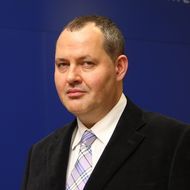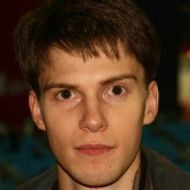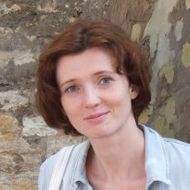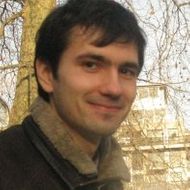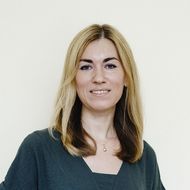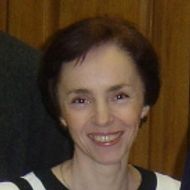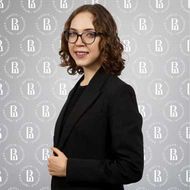- A
- A
- A
- ABC
- ABC
- ABC
- А
- А
- А
- А
- А
- HSE University
- Faculties
- Faculty of Economic Sciences
- News
- Congratulations to the Winner of the Nobel Prize in Economics 2024 Prediction Contest
-
Departments
- Departments
-
Institutes and Centres
-
- Institute of Economics and Utility Regulation
- Institute for Industrial and Market Studies
- Centre for Labour Market Studies
- International Centre of Decision Choice and Analysis
- Centre of Development Institute
- Centre for Financial Research & Data Analytics
- Economic Statistics Centre of Excellence
- Anti-Corruption Centre
-
-
Laboratories
-
- International Laboratory for Macroeconomic Analysis
- International Laboratory of Stochastic Analysis and its Applications
- International Laboratory for Experimental and Behavioural Economics
- Corporate Finance Center
- Laboratory for Banking Studies
- Laboratory for Labour Market Studies
- Laboratory for Sport Studies
- Laboratory for Wealth Measurement
- Project Laboratory for Development of Intellectual Competitions in Economics
- Laboratory for Spatial Econometric Modeling of Socio-Economic Processes in Russia
- Laboratory for Geometric Algebra and Applications
-
- Department of Financial Market Infrastructure
- ICEF
-
Educational Programmes
- Bachelor's Programmes
-
Master's Programmes
-
- Economics and Economic Policy
- Agrarian Economics
- Stochastic Modeling in Economics and Finance (Previously, Master's in Statistical Modelling and Actuarial Science)
- Statistical Analysis in Economics
- Economic Analysis (Online)
- Strategic Corporate Finance
- Financial Markets and Institutions
- Corporate Finance
- Financial Engineering
- Master of Business Analytics (Online)
- Investments in Financial Markets (Online)
-
- Doctoral Programmes
-
Faculty
109028, Moscow,
11 Pokrovsky Boulevard,
Room Т-614
Phone: (495) 628-83-68
email: fes@hse.ru
Founded in 1992, the HSE Faculty of Economics is the university’s oldest faculty. In the years since it was founded, it has gained a reputation as Russia’s leader in terms of higher economic education.
A fundamental education in modern economic theory and mathematics is combined with the study of applied disciplines, such as taxation, budget policies and processes, financial management and other related fields.
Besstremyannaya G., Dasher R., Golovan S.
HSE Economic Journal. 2025. Vol. 29. No. 1. P. 72-102.
In bk.: Advances in Computer Graphics: 41st Computer Graphics International Conference, CGI 2024, Geneva, Switzerland, July 1–5, 2024, Proceedings, Part III. Vol. 15340. Springer, 2025. P. 336-348.
Series FE "Financial Economics"". WP BRP. HSE University , 2025. No. WP BRP 97.
109028, Moscow,
11 Pokrovsky Boulevard,
Room Т-614
Phone: (495) 628-83-68
email: fes@hse.ru

Congratulations to the Winner of the Nobel Prize in Economics 2024 Prediction Contest
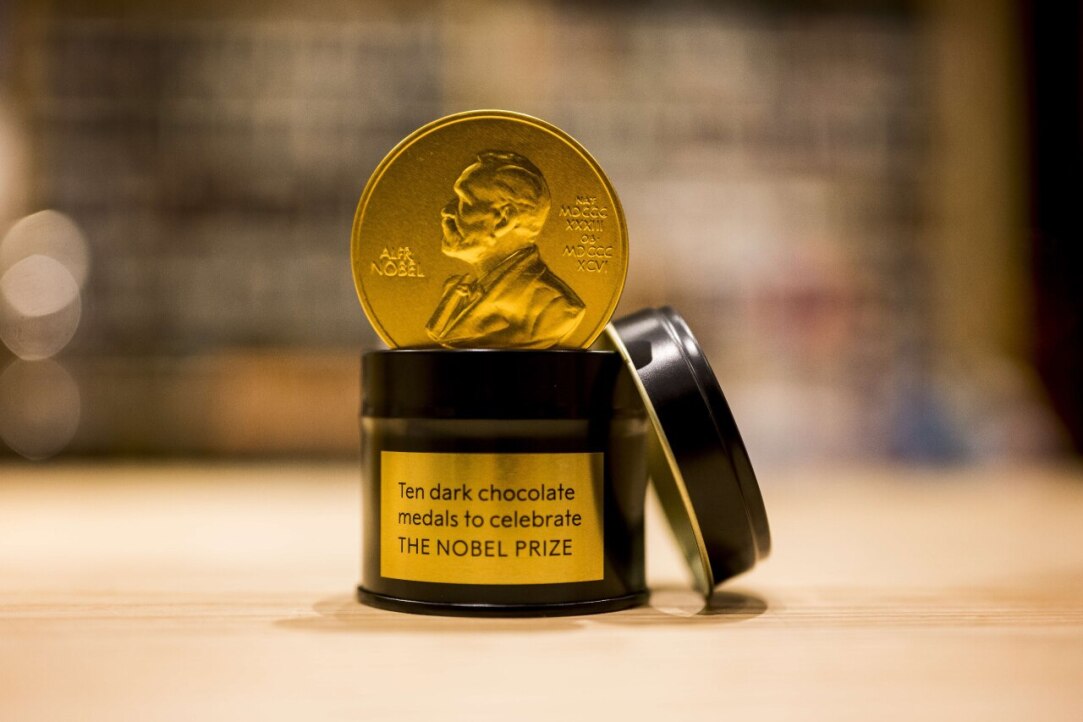
The winner of the annual prediction contest is Gabriel Gonzalez, a final-year student in the Department of Mathematics and Econometrics at the London School of Economics (LSE). He was the only one to correctly name all three candidates at once. Gabriel said betting on AJR was intuitive because they're a group of people whom you'd already expect to have won the Nobel. According to him, ‘I think that AJR were bound to win the Nobel precisely because of the applicability and wide dissemination of their research.’

Department of Mathematics and Econometrics at the London School of Economics (LSE)
Works by Daron Acemoglu, Simon Johnson, and James Robinson have had a wide-reaching impact. One of the most famous books by Daron Acemoglu and James Robinson, ‘Why Nations Fail?’, was first published in 2012 but is still relevant. Its contribution to the development of economic science and increasing the popularity of economics was also noted by other winners of the competition.

Department of Mathematics and Econometrics at the London School of Economics (LSE)
As a prize, Gabriel will receive the book ‘Russian and Western Economic Thought’, published by Springer, signed by its editor, Vladimir Avtonomov, Professor Emeritus of the HSE Faculty of Economic Sciences. The book is devoted to the mutual influences of Russian and Western economic thought.
Five more people were able to guess two of the three Nobelists, namely Daron Acemoglu and James Robinson. They are Anastasia Gergenreter, Matvey Zhukovsky, Sergey Salomatnikov, Farid Khusainov (HSE) and Nikolai Kovalenko (Yandex Praktikum). All of them showed excellent results. We invite everyone to participate next year!
Assistant, Department of Applied Economics
Sergey Salomatnikov had also been hoping for this result for a long time. ‘I've been eagerly awaiting this moment for quite some time now. I'm so happy to see these authors finally being recognised for their incredible work! Their magnum opus [Why Nations Fail? — editorial note] was published back in 2012 and has had a profound impact on the entire field of economic science ever since. I'm sorry I didn't guess the third Nobelist! I thought it would be better to guess one than to bet on three. But that's life! Sometimes predictions don't come true, but I'm really happy that I managed to guess two laureates. I'm happy that these economists have finally received the prize they deserve’.
Nikolai Kovalenko also mentioned that the Nobel Committee's choice was one of the most anticipated: ‘I had a feeling that the most likely candidate for this year's economics laureate would be Daron Acemoglu, as he is a role model for academic economists. Daron is a very productive author and could win the prize in collaboration with various co-authors on a number of topics.’
Daron Acemoglu was the most popular candidate by far. In total, he was mentioned as many as 44 times, which is pretty impressive! The scientist has also been a firm favourite for the past few years: in 2021, he was mentioned by half of the contestants, and in 2022, he received 63 votes.
For the time in the contest history, several dozen people were able to correctly name one of the Nobel winners. The past record was set in 2021 when the name of at least one award winner was given by 19 participants. In addition to Acemoglu, Janet Curry, Partha Dasgupta, and Olivier Blanchard were among the top picks.
The FES team extends a big thank you to all the students and teachers from HSE University, Moscow State University, St Petersburg State University, Moscow Institute of Physics and Technology, Russian Academy of National Economy and Public Administration, National State University, UrFU, NES, Harvard Business School, London School of Economics, Università Bocconi, University of San Carlos of Guatemala, Patliputra Universitywho took part in the contest.
The prediction contest was established at HSE University in 2021 in honour of the memory of Prof. Andrei Bremzen, a talented economist and populariser of science. Back in 2004, he started such a quiz within the walls of NES, and now FES continues this tradition.
- About
- About
- Key Figures & Facts
- Sustainability at HSE University
- Faculties & Departments
- International Partnerships
- Faculty & Staff
- HSE Buildings
- Public Enquiries
- Studies
- Admissions
- Programme Catalogue
- Undergraduate
- Graduate
- Exchange Programmes
- Summer Schools
- Semester in Moscow
- Business Internship
-
https://elearning.hse.ru/en/mooc/
Massive Open Online Courses
-
https://www.hse.ru/en/visual/
HSE Site for the Visually Impaired
-
http://5top100.com/
Russian Academic Excellence Project 5-100
- © HSE University 1993–2025 Contacts Copyright Privacy Policy Site Map
- Edit
